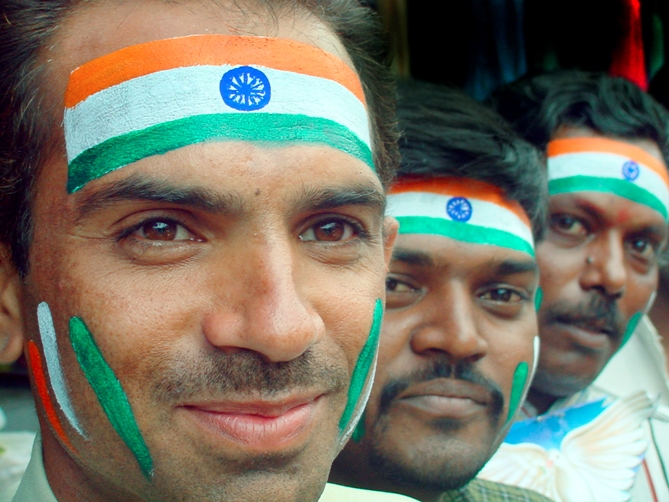Outgoing law panel leaves common law for successor
August 31, 2018 14:19

On the day its term comes to an end, the Law Commission issued a consultation paper today on personal laws, which discusses introduction of new grounds for 'no fault' divorce, changes to provisions on alimony and maintenance, and uncertainty and inequality in age of consent for marriage.
Instead of a full-fledged report on a uniform civil code, the law panel preferred a consultation paper as it had little time at hand to bring out a comprehensive report.
Panel chairman Justice B S Chauhan (retd) had earlier said instead of recommending a uniform code, the commission might suggest "piecemeal" changes in personal laws.
Now, it will be up to the 22nd Law Commission to bring out a final report on the controversial issue which has generated a heated debate in the recent past.
The law ministry had on June 17, 2016 asked the panel to "examine matters in relation to uniform civil code".
"The issue of uniform civil code is vast, and its potential repercussions, untested in India. Therefore, after detailed research and a number of consultations held over the course of two years, the commission is presenting its consultation paper on reform of family laws in India," the consultation paper said.
Under the Hindu law, the paper discusses problems with provisions such as restitution of conjugal rights, and suggests the inclusion of concepts such as 'community of property' of a married couple, abolition of coparcenary and rights of illegitimate children.
Under the Muslim law, it discusses the reform in inheritance law through codification of Muslim law on inheritance, but ensuring that the codified law is gender just.
The paper also discusses the rights of a widow, and the changes to general laws such as introduction of community of (self acquired) property after marriage, inclusion of irretrievable breakdown of marriage as a ground for divorce.
For Parsi law, there are suggestions relating to protecting married women's right to inherit property even if they marry outside their community. -- PTI





 © 2024 Rediff.com -
© 2024 Rediff.com -